Understanding Lung Cancer
Also by Naheed Ali
Understanding Alzheimers: An Introduction for Patients and Caregivers
The Obesity Reality: A Comprehensive Approach to a Growing Problem
Diabetes and You: A Comprehensive, Holistic Approach
Arthritis and You: A Comprehensive Digest for Patients and Caregivers
Understanding Celiac Disease: An Introduction for Patients and Caregivers
Understanding Chronic Fatigue Syndrome: An Introduction for Patients and Caregivers
Understanding Fibromyalgia: An Introduction for Patients and Caregivers
Understanding Lung Cancer
An Introduction for Patients and
Caregivers
Naheed Ali
ROWMAN & LITTLEFIELD
Lanham Boulder New York Toronto Plymouth, UK
Published by Rowman & Littlefield
4501 Forbes Boulevard, Suite 200, Lanham, Maryland 20706
www.rowman.com
10 Thornbury Road, Plymouth PL6 7PP, United Kingdom
Copyright 2014 by Rowman & Littlefield
All rights reserved. No part of this book may be reproduced in any form or by any electronic or mechanical means, including information storage and retrieval systems, without written permission from the publisher, except by a reviewer who may quote passages in a review.
British Library Cataloguing in Publication Information Available
Library of Congress Cataloging-in-Publication Data
Ali, Naheed
Understanding lung cancer : an introduction for patients and caregivers / Naheed Ali.
pages cm
Includes bibliographical references and index.
ISBN 978-1-4422-2323-3 (cloth : alk. paper) ISBN 978-1-4422-2324-0 (electronic)
1. LungCancerPopular works. 2. CaregiversPopular works. I. Title.
RC280.L8.A44 2014
616.99'424dc23
2013036194
 TM The paper used in this publication meets the minimum requirements of American National Standard for Information Sciences Permanence of Paper for Printed Library Materials, ANSI/NISO Z39.48-1992.
TM The paper used in this publication meets the minimum requirements of American National Standard for Information Sciences Permanence of Paper for Printed Library Materials, ANSI/NISO Z39.48-1992.
Printed in the United States of America
Disclaimer
This book represents reference material only. It is not intended as a medical manual, and the data presented here are meant to assist the reader in making informed choices regarding wellness. This book is not a replacement for treatment(s) that the readers personal physician may have suggested. If the reader believes he or she is experiencing a medical issue, professional medical help is recommended. Mention of particular products, companies, or authorities in this book does not entail endorsement by the publisher or author.
Preface
Lung cancer is a disorder characterized by the rapid advance of malignant cells in the lungs. Like every cell, except mature red blood cells, a lung cell houses genetic material called deoxyribonucleic acid (DNA), which is duplicated every time a cell matures. When a mutation occurs during the process, an abnormal cell is born.
What Readers Will Gain from Reading This Book
Reading about lung cancer will provide an in-depth understanding of it, how it can be treated, and what specific roles a caregiver can provide. This will also help people ascertain what signs and symptoms to watch for, especially for those who are exposed to the following risk factors:
Smoking or secondhand smoke.
Personal history of respiratory-related diseases, such as bronchitis, emphysema, asthma, or any respiratory disease that weakens the lungs.
History of lung cancer in the family. This was the subject of a case study conducted in 2006 wherein researchers concluded that lung cancer can be hereditary.
Exposure to air pollutants, such as radon and asbestos.
Living in particularly concentrated areas, such as major cities.
Residing in areas near large industrial buildings known to emit thick polluted gases.
Excessive alcoholism.
For people who are exposed to these risk factors, knowing which signs and symptoms to watch for will enable them to be proactive and get tested or diagnosed earlier. Becoming equipped with knowledge about lung cancer can make a huge difference in avoiding lung cancer or preventing the escalation of its malignant stages. Furthermore, a unique book on lung cancer, such as this one, offers a variety of information not only for the patient but also for caregivers. This will enable both the patient and the caregiver to better understand the treatment process. Reading the lung cancer literature will also help patients and caregivers cope with the disease process.
Lung Cancer Literature: Patient Benefits
When patients understand or are at least familiar with the terminology that health care professionals use, they will be able to converse better with their doctors. This is especially beneficial when doctors explain treatment progress. In this way, a patient will be able to ask more effective questions. Being able to interpret basic information from laboratory findings will also help the patient know what particular questions to ask his or her doctor. It is always advisable to ask medical personnel about lung cancer as a disorder in general, but with personal knowledge about such a cancer, patients will assume full involvement in the management process. In this way, patients will learn more about their options in terms of medication and treatment process and thus reduce complications.
Lung cancer patients will also learn more information about clinical trials. A clinical trial, which is one stage in research about certain diseases, enables doctors and specialists to explore medical strategies involving new medications, treatment, and medical devices.
How is the new treatment going to possibly help?
What intervention will they receive, if really needed?
What are the rights of patients undergoing clinical trials?
What are the risks, if any, with the new treatment?
Gaining knowledge about lung cancer will also enable the patient to discover appropriate support groups that will help one cope with the disease process. Communicating with other individuals who have lung cancer will give the patient more information about certain medications and the treatment process. This is especially helpful when trying new medications. Patients will have an idea of which reactions, signs, or symptoms to look for so that they can converse with their health care professionals. The symptomology (study of symptoms) of cancers, such as those of the lung, are subjective and numerous. For this and other reasons explained in chapter 3, I refer to lung cancer throughout this book as a disease process rather than just a disease.
Lung Cancer Literature: Caregiver Benefits
A lung cancer caregiver helps a sufferer in more ways than onefrom helping with daily housecleaning, laundry, cooking, and driving around for appointments to assisting him or her with medications and other medical needs. Well-informed caregivers can make a big difference in a patients recovery. They understand the importance of monitoring all medications taken by the patient. They also know the importance of noting reactions such as vomiting, nausea, or paininformation that is vital for doctors in monitoring the progress of the patients treatment process and in introducing new medications to their patients.
Providing lung cancer patients with an improved diet based on research on the subject will also aid in their recovery. Caregivers will be able to help patients more if they are aware of these issues by reading more on the topic.

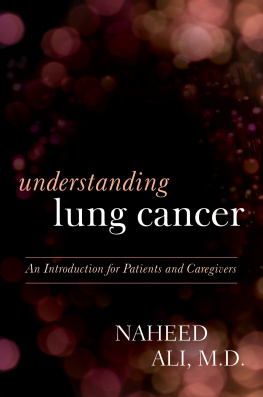
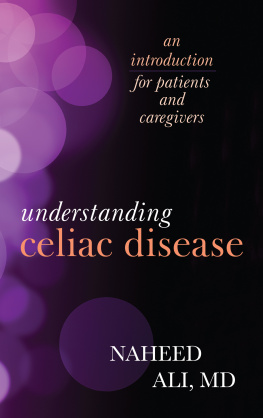
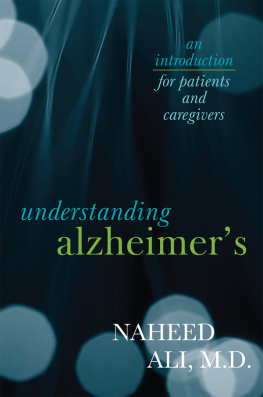
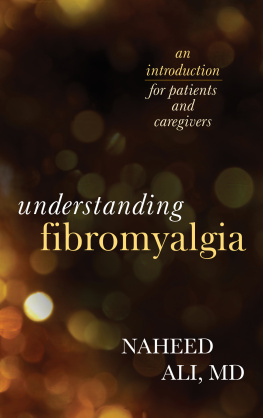
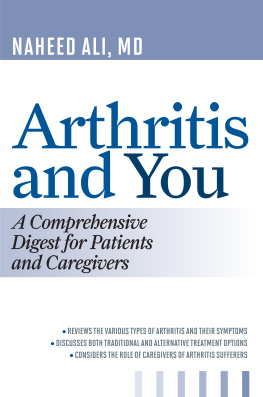


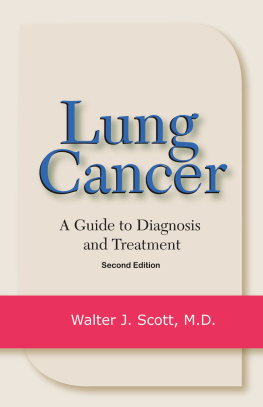
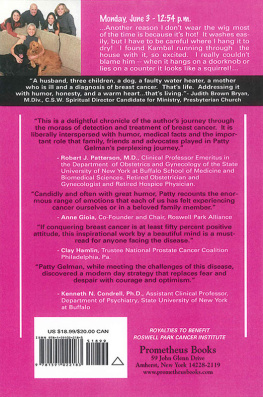
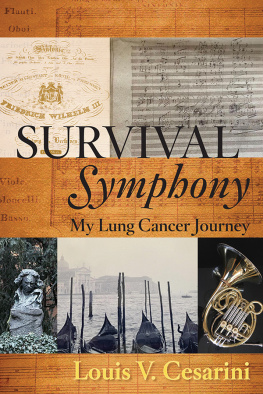
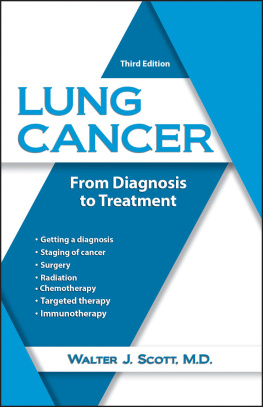

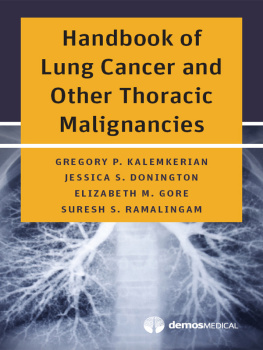
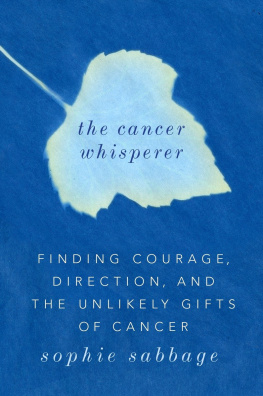
 TM The paper used in this publication meets the minimum requirements of American National Standard for Information Sciences Permanence of Paper for Printed Library Materials, ANSI/NISO Z39.48-1992.
TM The paper used in this publication meets the minimum requirements of American National Standard for Information Sciences Permanence of Paper for Printed Library Materials, ANSI/NISO Z39.48-1992.